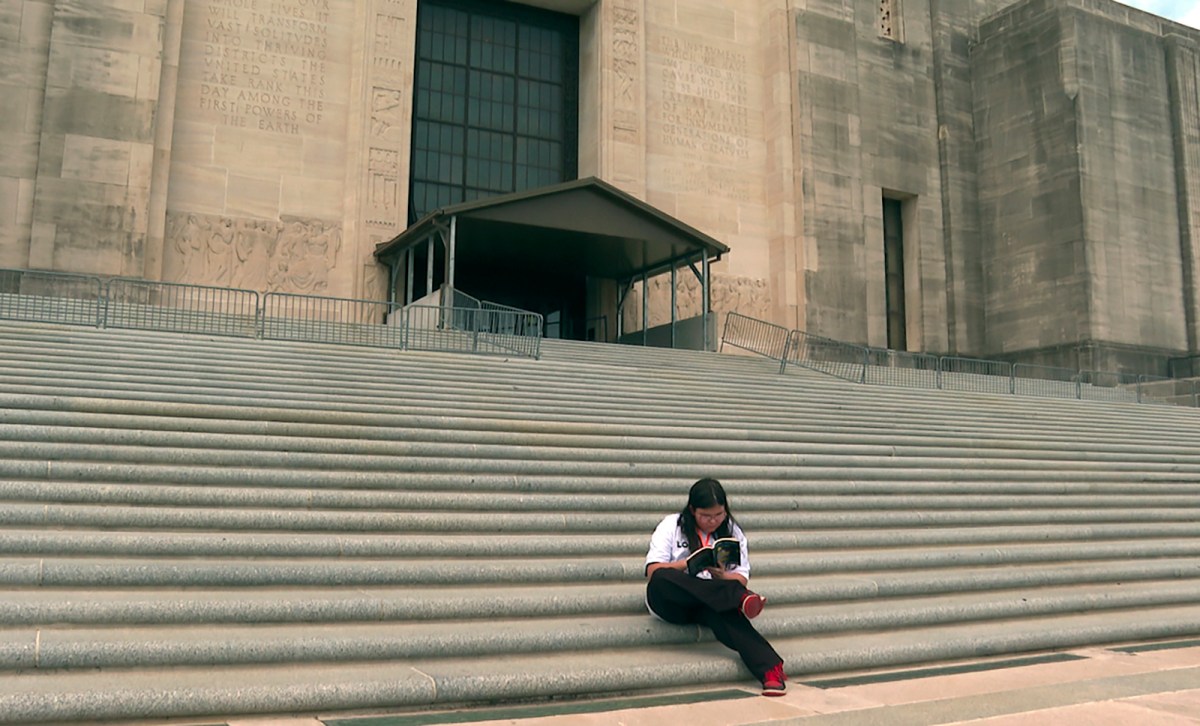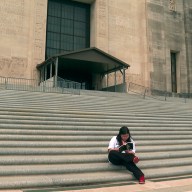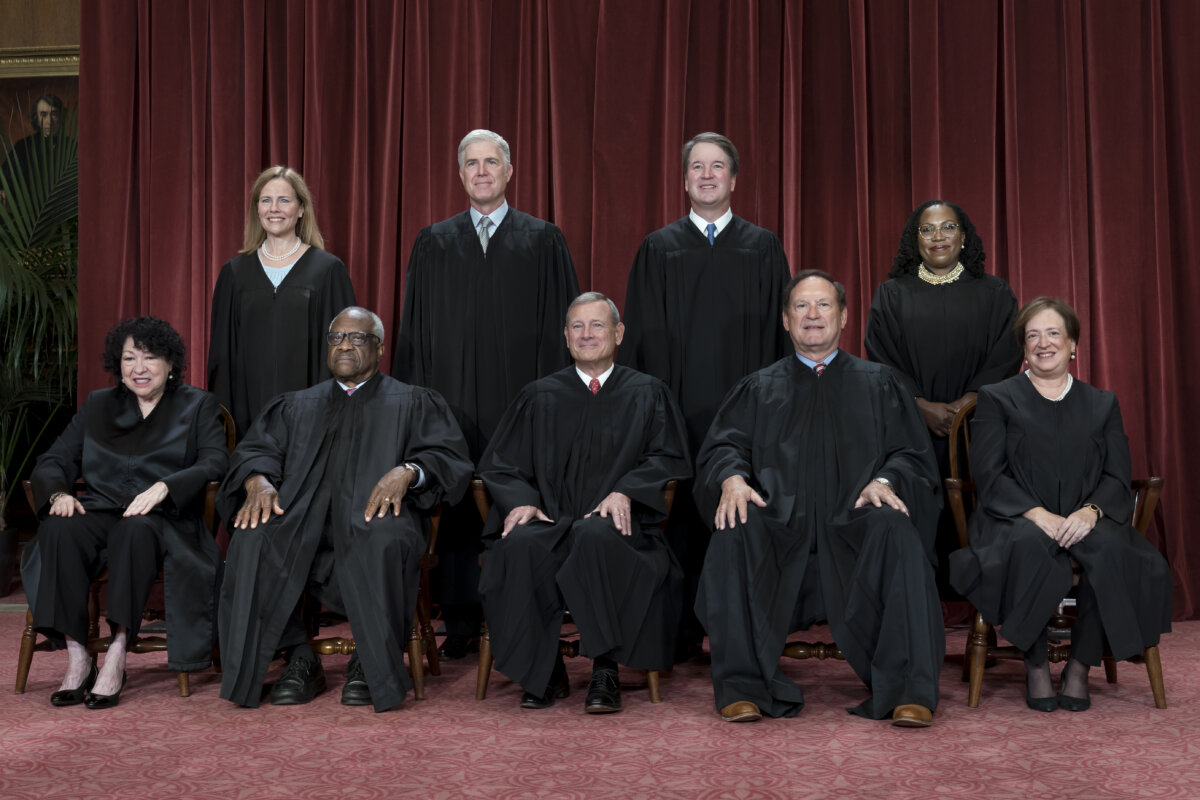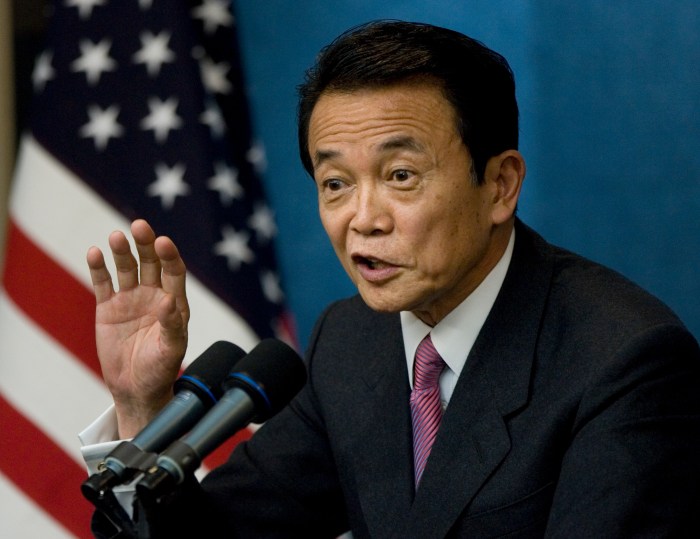BATON ROUGE, La. (AP) — As transgender people in Louisiana watched surrounding states in the deeply conservative South implement a slew of laws targeting nearly every facet of their lives in recent years, they counted on their ally in the governor’s office to keep their home a relative oasis.
Former Gov. John Bel Edwards, the only statewide elected Democrat at the time, was indeed able to block most of the bills.
But this year, nothing stands in the way. Edwards has been replaced by Gov. Jeff Landry, a Republican backed by former President Donald Trump who has shown support for such legislation. And the GOP holds a two-thirds supermajority in the Legislature. That means previously introduced legislation hostile to transgender people now has a clear path forward, as do new proposals.
“These bills are absolutely going to become law,” said SarahJane Guidry, executive director of the LGBTQ+ rights group Forum for Equality. “And that is such a tragedy, but it doesn’t end there. We are going to continue to fight.”
As the only Democratic governor in the Deep South at the time, Edwards used vetoes to block anti-transgender legislation, including one broadly barring teachers from discussing gender identity and sexual orientation in schools, a type of policy critics have dubbed “Don’t Say Gay”; and a measure requiring public school teachers to use the pronouns and names students were assigned at birth.
In a veto message, Edwards described the bills as discriminatory, extremist and harmful to a group “comprised of the most vulnerable, fragile children” in Louisiana.
He was unable to keep the Legislature from overriding his veto of a ban on gender-affirming medical care for transgender minors. And he blocked a 2021 bill seeking to restrict transgender athletes’ access to sports, but allowed it become law the next year, knowing a veto would probably be overridden.
Now that Edwards is out of office because of term limits, the Republican-controlled Legislature is advancing the “Don’t Say Gay” and pronoun and name proposals; definitions of male and female that could effectively legally erase transgender people; and restrictions on the use of bathrooms and changing rooms in schools, domestic violence shelters and prisons. President Joe Biden’s administration has said a new federal rule could clash with such bathroom restrictions.
The situation in Louisiana mirrors a national flood of bills that have targeted transgender people, and especially youths, in recent years, a movement some observers say seeks more to motivate conservative voters than to solve real problems.
A report released Tuesday by the Williams Institute, a research center at UCLA Law, estimates that about 93% of transgender youths ages 13-17, or about 280,000, live in states that have proposed or passed laws restricting their access to health care, sports, school bathrooms and facilities, or the use of gender-affirming pronouns.
The institute estimates that in Louisiana, about 4,000 people ages 13-17, or 1.3% of that age group, identify as transgender.
Landry’s office did not respond to an email seeking comment on this year’s legislation. But he has made no secret of his support for, among other things, restrictions on gender-affirming care for minors. In 2023, when he was running for governor, he posted on X: “As attorney general for 8 years I have worked hard to protect our children. I urge the full Senate to take up and pass” the law. It eventually passed and was vetoed but overridden.
Advocates in the Bayou State are organizing their fight, looking to other states that have blocked similar measures in court, educating their communities on the imminent laws, seeking sanctuary city policies, and recruiting more residents to their cause.
“We’re not going to look to the apocalypse, we’re going to look to the revolution,” Guidry said.
Advocates want the city council in liberal New Orleans to create local protections for transgender people, such as refusing to enforce state laws targeting them. Other cities like Austin, Texas, and Kansas City, Missouri, have already taken similar actions, though it’s not clear how effective the protections have been.
Last month, hundreds marched in New Orleans’ French Quarter. Transgender residents continue to testify in the Capitol. Advocates try to work with conservative lawmakers to create amendments to soften legislation. Students took to the Capitol steps in Baton Rouge last month to perform a play they wrote, based on their own experiences about how the bills would affect them.
“It’s almost like the Twilight Zone,” said William Leighton, who drove four hours to the Capitol this month with his 13-year-old transgender daughter, Arielle, who was not in the play.
“It’s not fair. I really don’t like the fact that people like me are being discriminated (against) for being different,” said Arielle, who is in eighth grade.
William Leighton had already prepared a letter to send to Arielle’s teachers, granting permission to use her name and pronouns, but he decided that was not enough and needed to get more politically active.
He was recently elected to the state’s Democratic State Central Committee. Among his priorities are to get more Democrats to vote and find candidates who, if elected to the Legislature, would work to repeal legislation targeting transgender and other LGBTQ+ people.
Like their counterparts in the South and elsewhere, advocates in Louisiana will also look to courts for guidance and to keep legislation from taking effect.
Five transgender youths and their families filed a lawsuit this year against the state’s ban on gender-affirming medical care, as reported by The Times-Picayune/The New Orleans Advocate. The suit is pending in Orleans Parish Civil Court.
“Nothing is off the table,” Guidry said. “If we cannot protect our students, we will continue to work, and if that includes litigation, we will take those steps when we need to.”



















